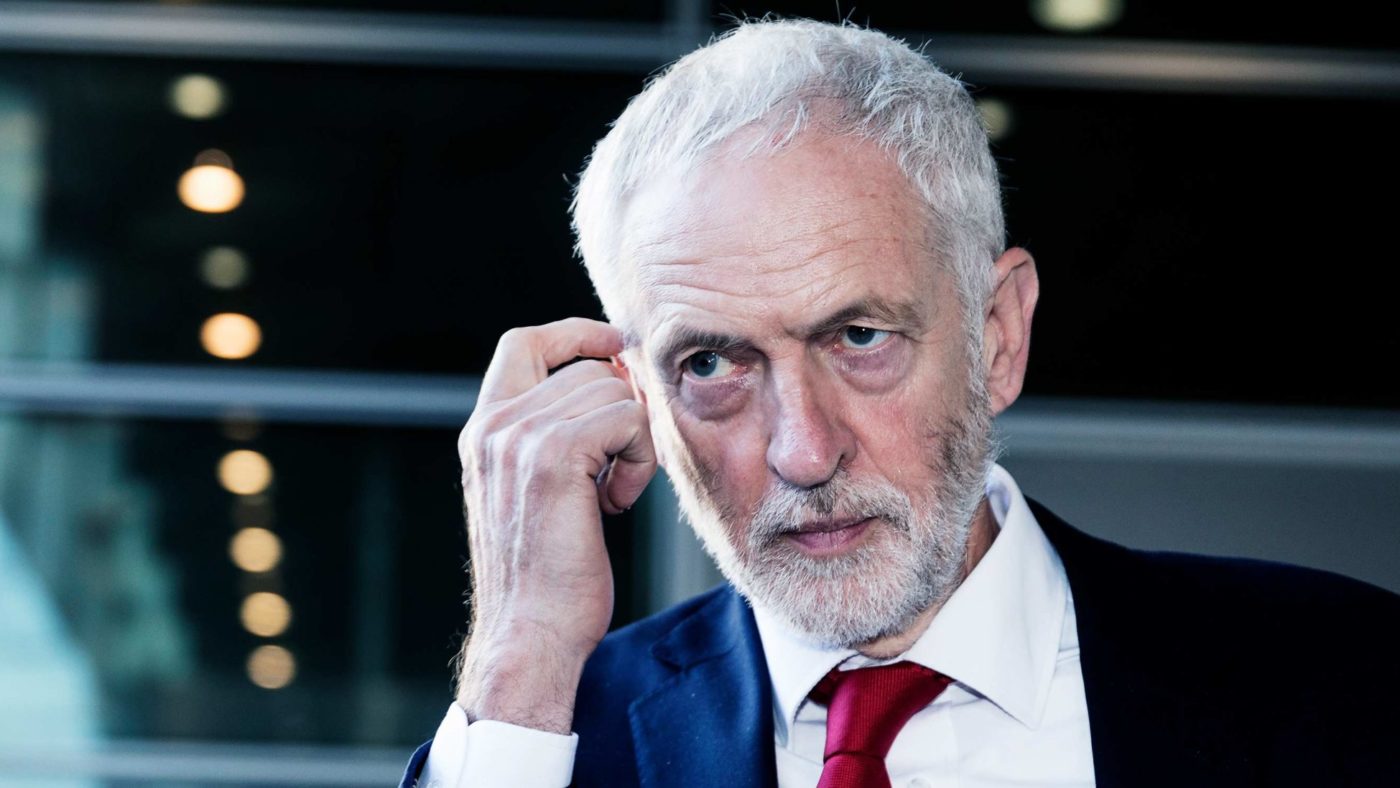Finally Jeremy Corbyn has announced a policy we can all get behind. According to the Labour leader, it’s time to stop worrying about social mobility and making improving the lot of everyone our policy goal instead. This is indeed an excellent idea — and it’s what we classical liberals, to distinguish from the progressive liberals, have been arguing for a couple of hundred years now. It will also mean the implementation of our favoured policies.
The only fly in Corbyn’s ointment here is that he doesn’t appear to realise the implication of his argument.
There have always been technical difficulties with that idea of social mobility anyway. Foremost among them is how difficult it is to achieve — as demonstratedby equally low rates in Sweden, the US and elsewhere. It’s not even necessarily desirable for social position is obviously going to be relative. So, if someone rises in the rankings then someone else must have declined in an equal and opposite fashion.
Making everyone better off is, by contrast, more achievable. We have, after all, been doing it this past two and a half centuries since we chanced upon capitalism and free markets. That’s also the only system that has ever achieved this; no other method of socioeconomic organisation has managed to deliver greater prosperity in the same way. Under alternative arrangements, things went wrong either because technological change was so slow that living standards slumped again in the Malthusian population surge, or because the inefficiencies of planned economies led to the socialist tumble in living standards more directly.
So, yes, we can welcome this:
Jeremy Corbyn announced last weekend that the party would be pursuing social justice for all instead of social mobility, and would replace the Social Mobility Commission with a body that measures progress against equality targets.
As the Guardian puts it: “Focusing on raising up a fortunate few is the easy option. Far better to improve life for all.”
Quite so, and how do we improve life for all? Well, the first thing is to increase the rate of GDP growth. Sure, economic wealth isn’t everything, but we have just said that we want to improve life for everyone. GDP is the measure of all incomes, all production or all consumption. The more we produce the more can be consumed — and we can have the arguments about the distribution of that consumption a little later.
Given this, we now do have our answer to the inequality trade off. It’s an entirely standard economic observation that too high tax rates, or too much regulation, or too much redistribution – and so on – leads to less growth. But it has oft been pointed out that we’d prefer more social mobility, more smoothing of capitalism’s rough edges, to that greater growth. According to Corbyn’s logic, we shouldn’t accept that trade off’ we’ve just agreed not to worry about that mobility any more. We can thus be gung ho in our pursuit of the laissez-faire economy as that is what makes all better off.
For example, perhaps it would be fairer if we had 98 per cent tax rates, as we used to. No, I don’t agree, but some do so enthuse. We also know that the growth maximising rate is more like 40 to 45 per cent. Now that we’re to worry about making all better off we have our metric – 40 to 45 per cent it is then. Similarly regulation of who may do what in the economy. Sure, voting on who may do what for a living, or delegating that power to those who we’ve elected, will be more democratic. But it will limit growth and we’ve decided against doing that.
The economies out there that are richer than we are – our intended goal – are the places like Hong Kong and Singapore. Places which do indeed have a decent health care system, good education and the rest, even a perfectly viable social security net. It’s just that when push comes to shove they decide in favour of economic freedom in that classically liberal form not the mobility or equality desires of progressive liberalism. If we are going to move our goalposts, we should be more like them.
That is what this all means. Although, quite obviously, Jezza and the rest are going to stop saying it once they realise what it does mean. For it would mean the end of all those delicious meetings planning what everyone else should be forced to do. A sad reality of politics being that all too many people go into it in order to do things rather than achieve them. So what would be the fun of a laissez faire and getting richer world where politics, by definition, didn’t command peoples’ actions?
CapX depends on the generosity of its readers. If you value what we do, please consider making a donation.


